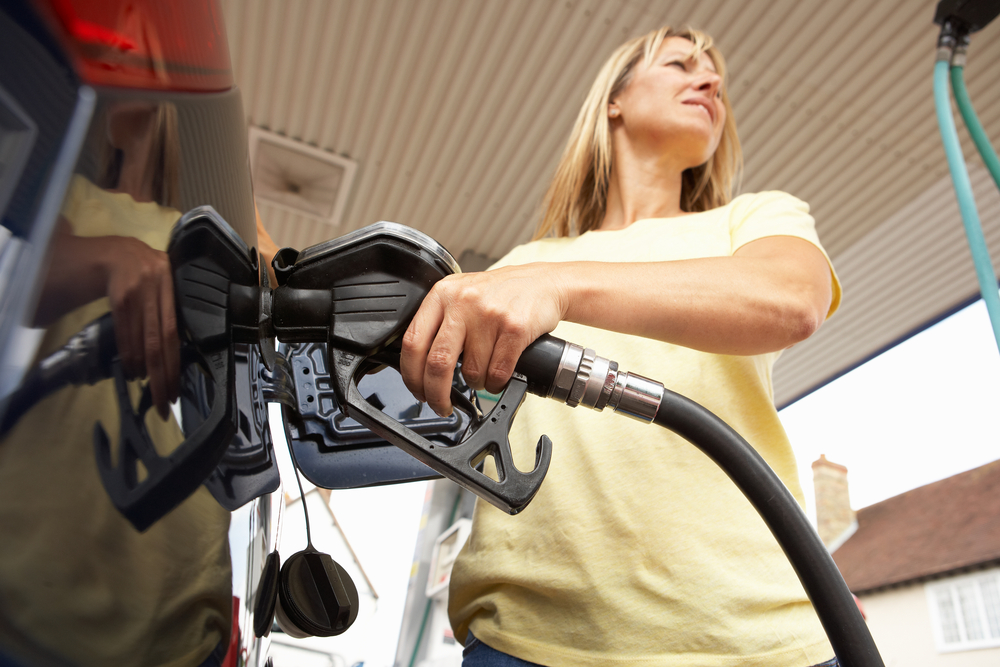Australia could help drivers save billions of dollars by matching fuel efficiency rules imposed by other countries on cars and light trucks, a report says.
Stronger standards for new vehicles would cut greenhouse gas emissions and reduce the cost at the bowser, according to the Australia Institute report released on Monday.
It found $5.9 billion in fuel costs would have been saved, and emissions equivalent to a year’s worth of domestic flights avoided, if robust fuel efficiency standards had been adopted in 2015.
New standards would reduce Australia’s reliance on foreign oil and also encourage dealers to put more electric vehicle models into a market where demand is outstripping supply, the report said.
Emissions from the transport sector make up one-fifth of Australia’s total and are among the fastest-growing sources nationally, sparking calls for fuel standards that have been rejected by prior federal governments.
“Australian motorists are the victims of having one of the world’s least efficient and most polluting car fleets, and it’s costing us every time we fill up at the petrol pump,” the institute’s climate and energy director Richie Merzian said.
 As the fuel excise cut comes to an end in September, policymakers have an opportunity to save motorists money by introducing an average efficiency standard for new cars in Australia, he said.
As the fuel excise cut comes to an end in September, policymakers have an opportunity to save motorists money by introducing an average efficiency standard for new cars in Australia, he said.
Unlike most advanced countries, Australia does not have mandatory fuel economy standards.
Instead, voluntary rules have been in place since the 1970s and a new industry-led emissions standard was introduced in 2020 for passenger cars and SUVs.
The report found the current voluntary standard is “weak and opaque”.
Mr Merzian said efficiency standards are a widespread and modest mechanism used by governments globally to ensure new cars are less polluting.
In 2018, the average carbon dioxide intensity for new passenger vehicles in Australia was 169.8 compared to 129.9 in the United States, 120.4 in Europe and 114.6 in Japan, the report said.
Almost two in three Australians (65 per cent) support the introduction of national fuel efficiency standards in line with those in Europe, according to the institute.





